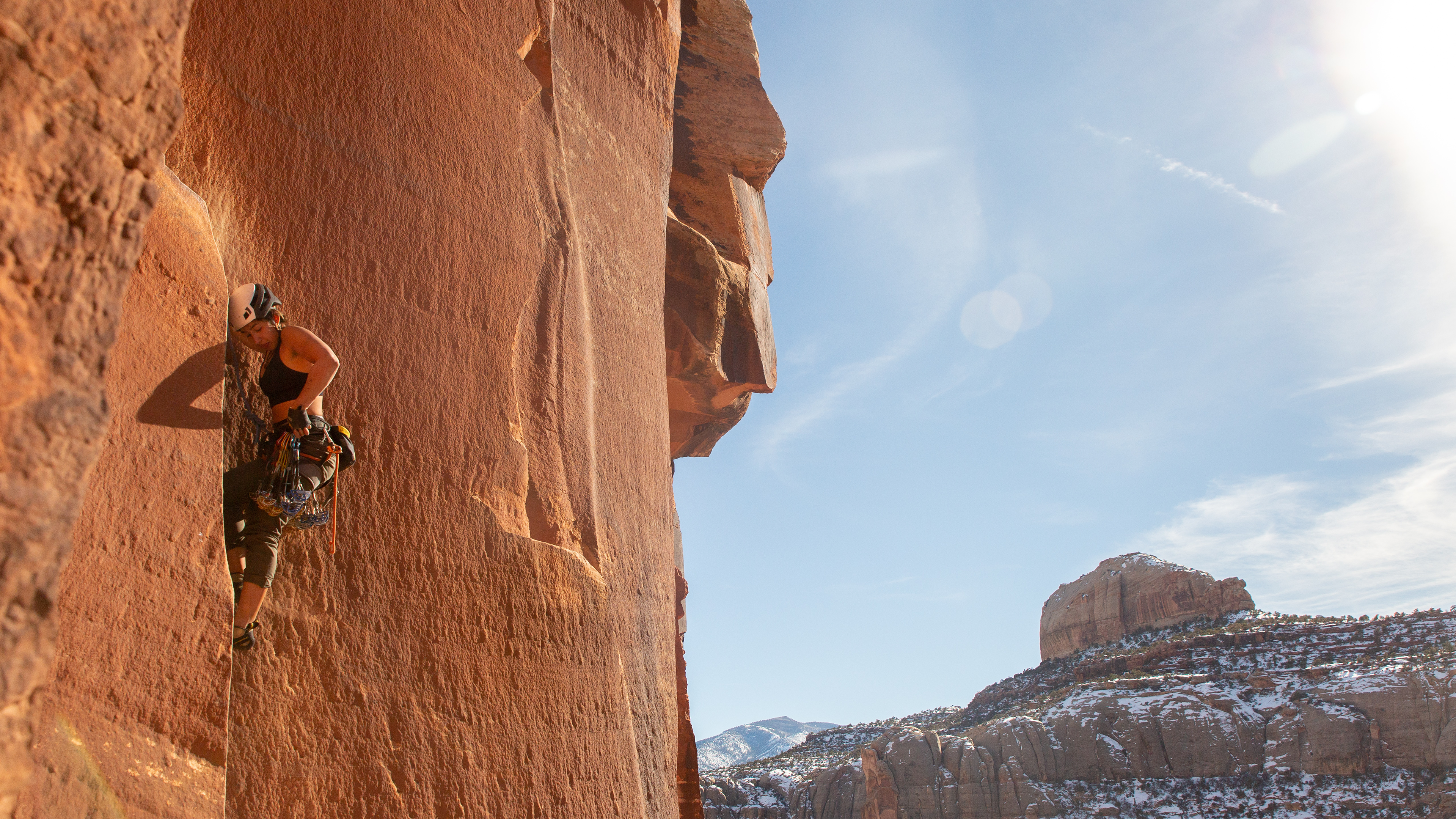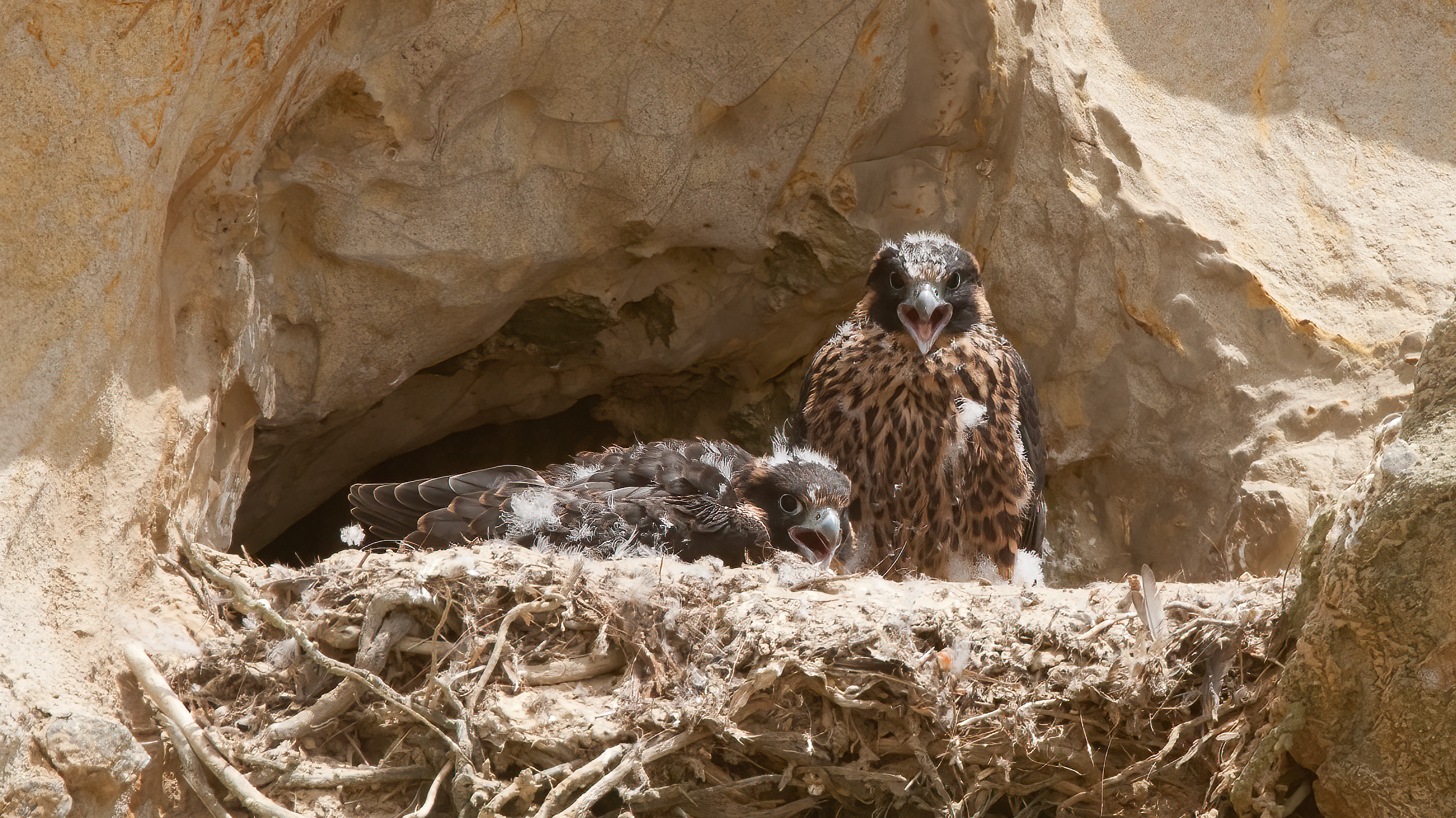
Climbers across the US. have been blocked from climbing in popular areas across the country to protect raptors as they return to crags and cliffsides to nest.
In the coming months, raptor species will return to America's wildlife areas to build nests and nurture their young on ledges, cliffs, and rock walls.
To protect them, officials from the National Park Service and other bodies overseeing the American wilderness have banned climbers from scaling a range of popular routes.
Much of the Lumpy Ridge area in the Rocky Mountains National Park is closed until the middle of March. Climbers in the area must avoid several popular routes, including Thunder Buttress and Bookmark Pinnacle.
Check here for a full list and map of closures in the Rocky Mountains National Park.
Climbers have also been warned to stay away from a number of routes in the Indian Creek wildlife area in Southwestern Utah.
“Falcons, eagles and hawks return annually to nest on cliffs and rock walls, and human disturbance can jeopardize their success,” said a statement from the Bureau of Land Management, which oversees the area.
“Notices have been posted, and climbers should refer to BLM’s raptor protection map to identify avoidance areas.”
Zion National Park is also expected to close multiple routes at the end of March to coincide with the peregrine falcon nesting season.

It's not just climbers who are affected by closures. Hikers in Vermont won't be able to access miles of pristine hiking routes to protect the sensitive peregrine falcon population.
Peregrine falcons are extremely sensitive to human behavior and recovering from near extinction in the 1970s, thanks to the excessive use of harmful pesticides and other chemicals at the time.
To protect the raptors, the Vermont Fish and Wildlife Department has completely or partially closed 14 hiking routes across the state.
"We ask climbers and hikers to please maintain a respectful distance from their nests,” Bird Biologist Jillian Kilborn told the Burlington Press.
“The areas closed include the portions of the cliffs where the birds are nesting and the trails leading to cliff tops or overlooks.”
The majority of these trails are due to reopen on August 1.
Reckless climbing and hiking can have dire consequences for nesting birds.
At Yosemite National Park, human interference from climbers and the use of harmful pesticides all but wiped out the native peregrine falcon population, which is only now beginning to recover.
In that case, several popular climbing routes up Yosemite's El Capitan mountain had to be closed while population numbers recovered. There are now at least 17 peregrine breeding pairs on El Capitan compared to just eight in 2009.
- The best climbing shoes: get a grip both indoors and out
- The best hiking hats: cozy beanies for mountains and sun hats for warmer days







